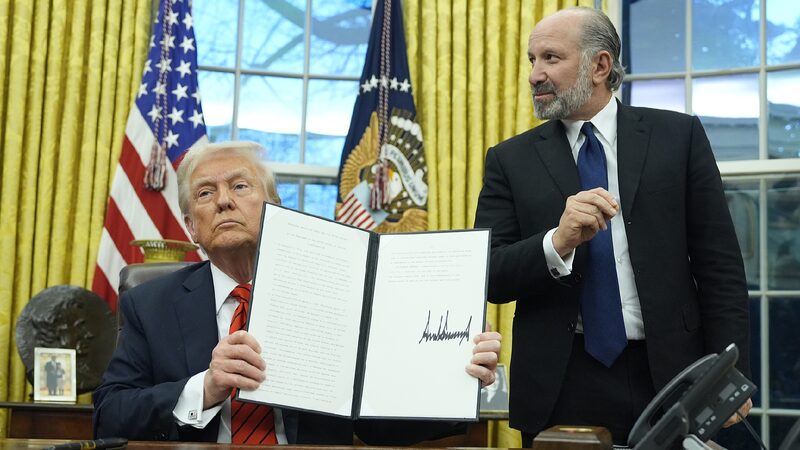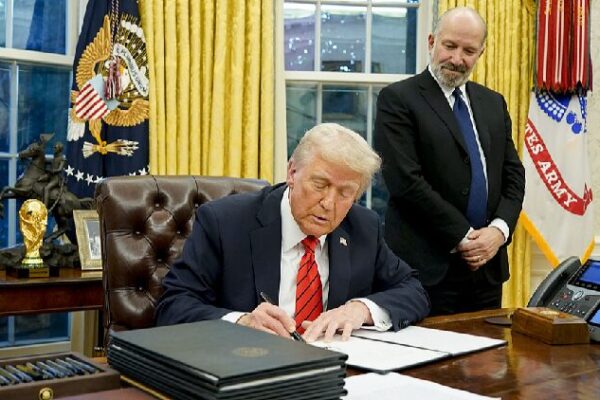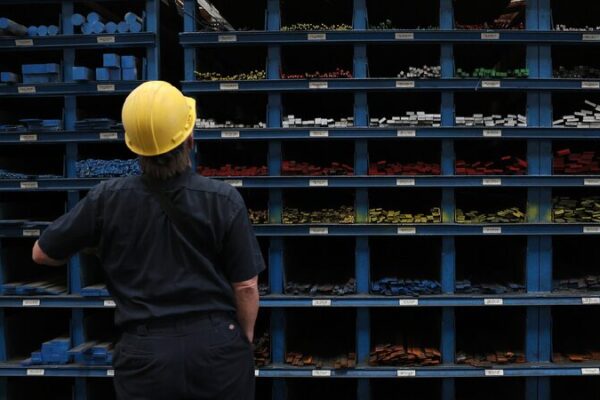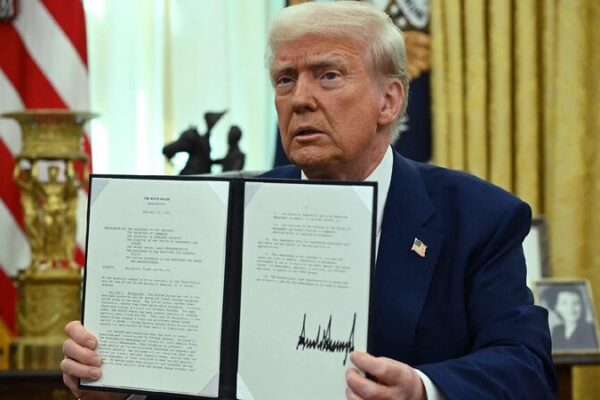Trump’s New Tariffs Spark Global Trade Concerns
In a move that’s raising eyebrows around the world, U.S. President Donald Trump has announced a 25% tariff on all steel and aluminum imports, set to take effect on March 12. The sudden decision leaves little time for diplomatic negotiations and has prompted worry among global economic leaders.
Trump claims the tariffs will boost domestic production and “make America rich again,” but many experts and industry insiders are skeptical. They warn that higher import taxes will lead to increased costs for American consumers and businesses. For instance, the average price of a new car could rise by up to $2,000, pushing prices beyond the reach of many buyers.
Auto industry leaders have voiced concerns about disruptions to supply chains and escalating expenses. “The tariffs will negatively impact our industry and consumers,” says one industry executive. “It’s a chain reaction that affects everyone.”
International relations are also at stake. Major steel exporters to the U.S.—including Canada, Brazil, Mexico, South Korea, and Vietnam—are apprehensive about the economic fallout. Canada, which supplies a significant portion of U.S. steel and aluminum imports, has already expressed strong opposition, fearing job losses and economic instability.
Economists caution that tariffs function as taxes on imported goods, ultimately paid by consumers. The Peterson Institute for International Economics estimates that American families could see an average cost increase of $1,200 if the tariffs are implemented as planned.
There’s also concern about potential retaliation from affected countries, leading to a trade war that could hamper global economic growth. Such actions might contravene World Trade Organization policies, which discourage sudden changes to agreed tariffs among member nations.
Global leaders are calling for a more measured approach. “These tariffs are unnecessary and counterproductive,” commented one European official. Analysts agree that cooperative dialogue is essential to avoid escalating tensions and harming international partnerships.
With the implementation date approaching, the world watches anxiously, hoping for a resolution that avoids further economic uncertainty.
Reference(s):
cgtn.com








